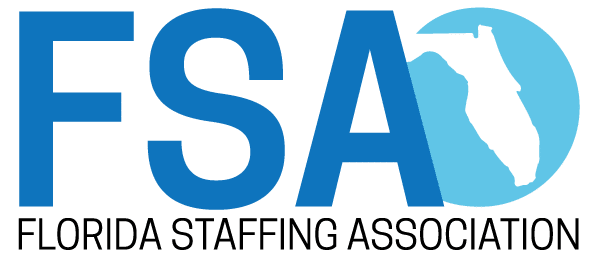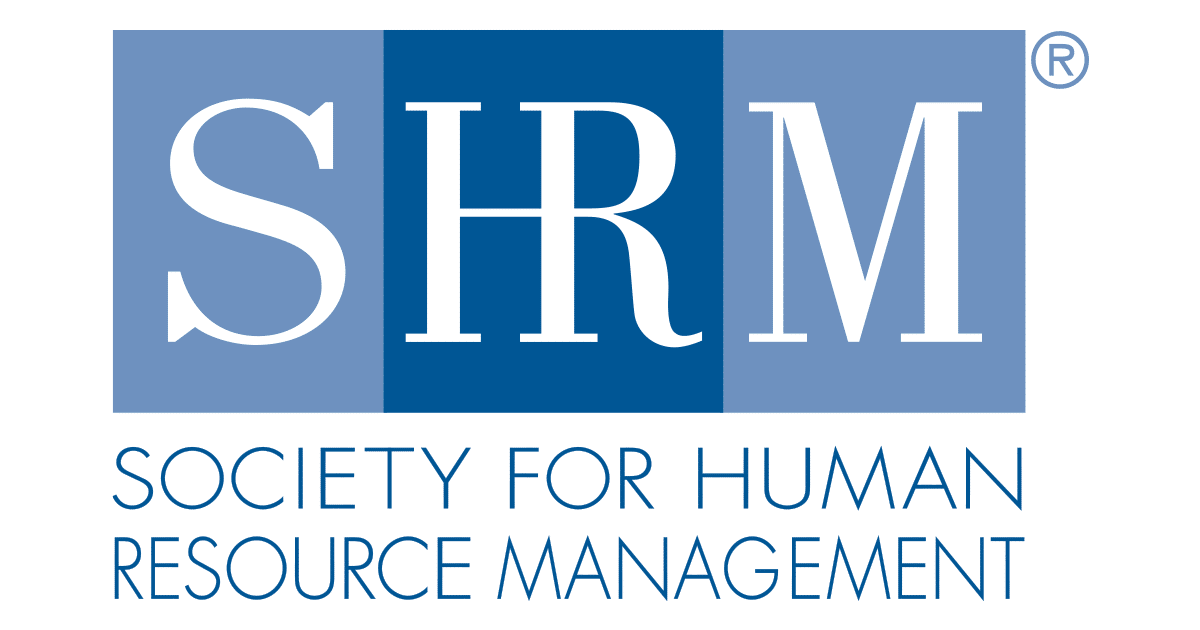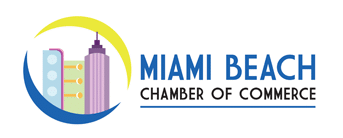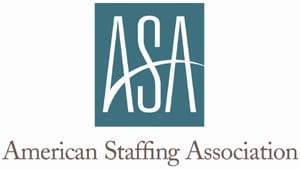Special Education Teacher
Deaf and Hard of Hearing Teacher
Primary Purpose: The Deaf and Hard of Hearing (DHH) Teacher is responsible for providing specialized instruction to students who are deaf or hard of hearing. The teacher will support students in developing academic, social, and communication skills, both in the classroom and through individualized instruction. The DHH teacher will work closely with students, their families, and school staff to implement communication strategies and ensure full participation in all aspects of the educational experience.
Position Details:
- Pay: Starting at $40
- Hours: May vary based on location
- Schedule: May vary based on location
Qualifications:
- Bachelor’s degree in Deaf Education required, Master’s degree preferred.
- Special Education certification required
- Valid GA teaching certification in Deaf and Hard of Hearing Education (DHH) required.
- Previous experience working with students who are deaf or hard of hearing is preferred. Experience with a variety of communication methods (sign language, oral communication, and assistive technology) is a plus.
Skills & Experience:
- Proficiency in American Sign Language (ASL) or other sign languages as needed.
- Strong knowledge of educational strategies for students with hearing impairments.
- Familiarity with assistive technology and communication devices commonly used in DHH education.
- Excellent communication skills, both verbal and non-verbal, with the ability to collaborate effectively with students, families, and colleagues.
- Strong organizational and time-management skills to manage multiple students, IEPs, and assessments.
- Compassionate, patient, and dedicated to fostering a positive and inclusive learning environment.
Responsibilities:
- Individualized Education Plans (IEPs): Develop, implement, and monitor Individualized Education Plans (IEPs) for students with special needs, ensuring they meet educational and behavioral objectives.
- Instructional Support: Provide specialized instruction to students with disabilities, adapting lesson plans, teaching strategies, and assessments to meet each student's needs.
- Collaborate with Support Staff: Work collaboratively with classroom teachers, school counselors, and other educational staff to integrate students into general education settings when possible and support their academic and social development.
- Behavioral Management: Implement strategies to manage behavior and encourage positive social interactions. Use positive reinforcement and consistent discipline techniques to create a structured, safe, and supportive classroom environment.
- Assessment and Progress Monitoring: Regularly assess student progress, provide feedback, and adjust teaching methods and IEPs as needed. Maintain thorough documentation on student performance and progress.
- Parent Communication: Maintain open and ongoing communication with parents or guardians regarding students’ progress, IEP goals, and any concerns. Provide recommendations for support at home.
- Professional Development: Stay up-to-date with best practices in special education and continue professional development through workshops, conferences, and training.
- Classroom Management: Create a classroom environment that fosters respect, inclusivity, and a love of learning. Organize materials and resources for students with various disabilities.
- Advocacy and Support: Advocate for students with special needs and ensure they have access to appropriate resources, services, and accommodations as per legal requirements.
- Compliance: Ensure compliance with all local, state, and federal regulations related to special education and student rights, including IDEA (Individuals with Disabilities Education Act) and Section 504.
Work Environment:
- Classroom and school environment, which may include both individual and group instruction.
- Interaction with students using various communication methods, including sign language, oral language, and assistive devices.
- Frequent collaboration with other special education staff, general education teachers, and parents to ensure effective support for students.
- Ability to assist students with mobility or physical needs, as outlined in their IEPs.
- Capacity to interact with students using sign language and other non-verbal communication methods for extended periods.
- Ability to use and maintain assistive technology devices, hearing aids, or other equipment.
Career Consultation
Didn’t find the job you were looking for? Let’s talk! If you have clinical experience in Education or Healthcare, schedule a free career consultation with one of our recruiters.











